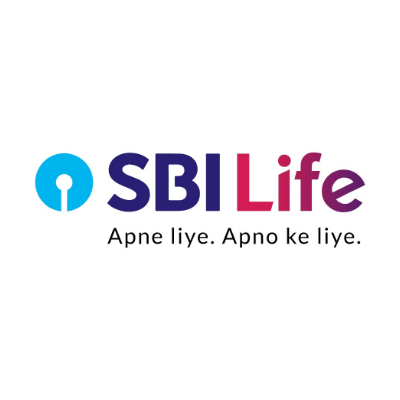INDIVIDUAL HEALTH POLICY OR FAMILY FLOATER PLAN WHICH ONE TO BUY
We have heard of different health plans like individual or family floater. How to decide which one to opt for? The best way to decide is first to understand the plan specifics, identify your requirement and finally match which plan suits you and your requirement the best. Let’s look at the features of these health plans in detail to get a better understanding.
Individual Health Insurance Plan
An Individual health insurance plan is coverage for a single person, which means it does not cover any of your family members. It is a single-person plan with covers for all health benefits. This plan is ideal in case you are looking for a plan to protect your individual health needs or for your old-aged parents. It will be a separate plan to cover all health benefits. Such plans strengthen your financial upkeep, protect your health as well as offer tax benefits.
Family Floater Health Insurance Plan
A family floater insurance is a health insurance plan that protects you and your family members under one plan. It means that the health insurance premium and the total sum insured will get shared amongst all the family members included in the plan. A family floater plan is a smart choice for reducing the financial burden and protecting overall family health.
The plan works simple. Say your family floater cover is five lakhs for a family of five members. In case of need or medical emergency, any one member can use the entire amount of five lakhs, or all five members can use whatever amounts they require as and when the need arises, staying within the sum insured of five lakhs. A family floater plan is ideal for couples and nuclear families.
Difference Between Individual Health Insurance Plan And Family Floater Health Insurance Plan
When it comes to selecting which plan is better, the individual health insurance or family floater health insurance, it is a decision purely based on your need. Both the plans serve the fundamental object of providing health insurance coverage and financial assistance at the time of medical emergencies. However, the plans have diverse features and differ in nature, hence the decision to choose is based on your requirement.
Let’s compare both the plans on different features to get a detailed grasp of the plans:
|
|
|
|
|
|
|
|
|
|
|
|
|
|
|
|
|
|
|
|
|
|
|
|
|
|
|
|
|
|
|
|
|
|
|
|
|
|
|
|
|
|
|
|
|
|
|
|
Thus, in summary, individual health policy or family floater plan - which one to buy is the one that suits your necessity the best. Usually, a family floater insurance plan is apt for young couples or nuclear families to benefit and cover maximum individuals. However, if a family is more prominent or has multiple senior members, investing in an individual health insurance plan would be more advisable.
“Disease, sickness, and old age touch every family. Tragedy doesn’t ask who you voted for. Health care is a basic human right.”
FAQs – Frequently Asked Questions
Q1. Do the family floater insurance plans cover medical expenses?
Yes, the family floater insurance plan covers all the medical expenses during sudden illness, surgeries, and accidents for all the family members covered in the plan.
Q2. In case the primary insured person covered under a family floater policy expires, is the reimbursement done?
Yes, if the primary insured dies post-hospitalization, the claimable health expenses would be reimbursed. If the primary insured is also the eldest member in the family, then for the succeeding years post the death of the primary family member insured, the premium would be calculated on the basis of the age of the next eldest member. For this to happen, the family should fill up the change of request form provided by the insurer. Please note that in case there were only two members covered under the policy and on the death of the primary person, then the family floater plan would be converted to an individual plan.
Q3. Does the family floater health insurance plan cover any family members?
No. The family floater health insurance plan offers coverage to you, your spouse, dependent children and parents, and your other immediate or blood relatives and in-laws.
Q4. Is there any waiting period under the family floater health insurance plan for claims?
Yes, in the case of a family floater health insurance plan, there is a waiting period of 30 days before you can make any claims. However, in case of an accident, the waiting period is waived off, and you can file a claim without any waiting periods.
Q5. Can I buy more than one family floater health insurance plan?
Yes, you can buy more than one family health insurance plan. Though, the insurance companies will settle the claims in rateable proportions at the time of claims.




































